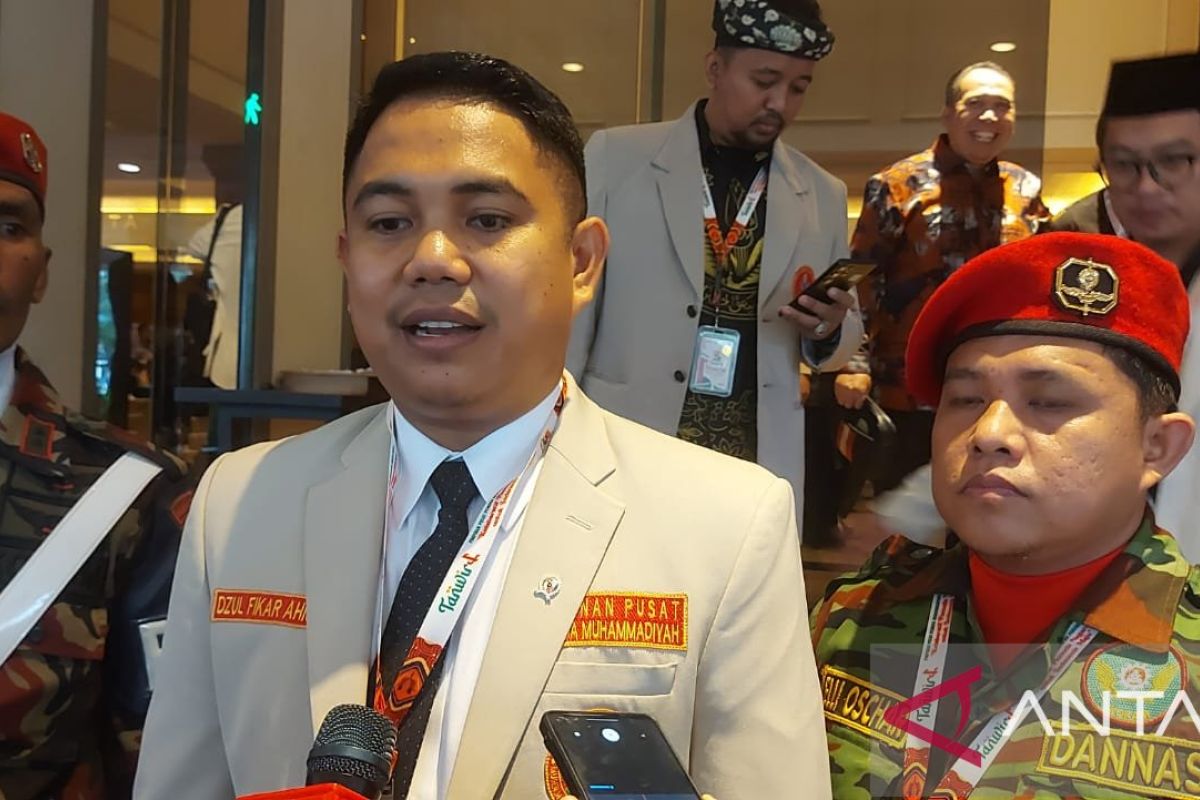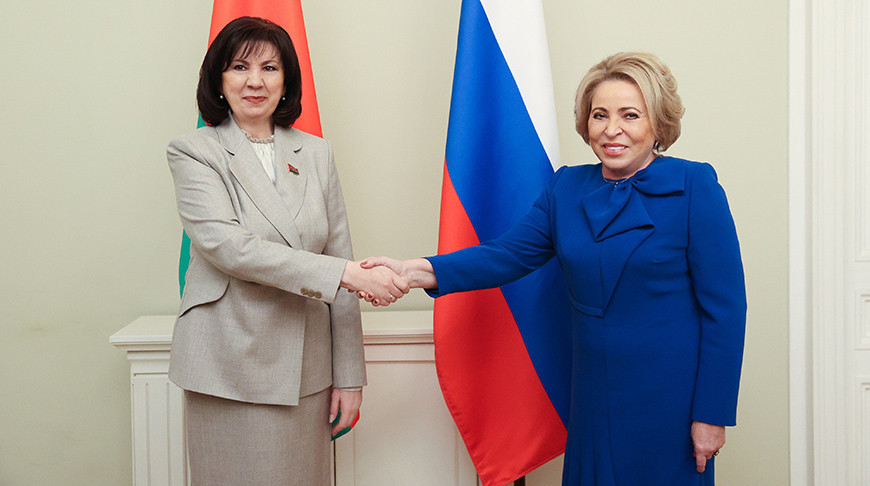Jakarta’s Crazy Gambling Dilemma: The Struggles of Indonesian Workers
Ah, online gambling! The modern-day treasure hunt, only instead of gold doubloons, you find yourself in a world of lost documents and questionable employers. The Indonesian government seems to be having a bit of a situation on its hands, you see. They’ve discovered that some of their citizens, lured by the siren song of massive salaries—because let’s be honest, who hasn’t been drawn in by a salary that sounds like it was pulled straight from a fairytale?—are now trapped overseas, working as online gambling administrators. Yes, you heard that right. When you think of “administrators,” you probably picture someone in a stiff suit, sipping herbal tea and discussing quarterly reports. But for these poor souls, it’s more like slapping a “+18” warning on a game of chance while keeping an eye out for the nearest escape route!
The Government’s Crusade: Operation Come Home
Deputy Minister for the Protection of Indonesian Migrant Workers, Dzulfikar Ahmadi Tawalla, has stepped up, promising that the government is on a mission to bring these stranded citizens back home. Now, here’s the kicker: most of these folks have left the country illegally. So basically, they’re caught in a web spun from broken promises, with employers that apparently have as much integrity as a three-legged dog at a greyhound race. It’s almost comical, if it weren’t so tragic.
Checking In from Abroad: Communications Blackout
Tawalla assured us his ministry is working “intensively” with local police and foreign ministries from the countries where these workers have ended up. However, one can’t help but wonder: if these citizens’ traveling documents and communication tools were confiscated, does that make their employers the real masterminds of a very bizarre escape room scenario? It’s all a bit like the “before” scenes from a questionable reality TV show. “Will they escape before the bosses find out? Stay tuned!”
Sweeping Numbers: A Crib Sheet of Confusion
Now, hold on to your hats, because here’s the mathematical madness: as of March 2024, the Indonesian Embassy in Phnom Penh reported that a mere **17,121 Indonesian citizens** declared residency in Cambodia. But, and here’s the plot twist worthy of a soap opera, the Cambodian authorities claim the number is actually **73,724**! It’s like a bizarre prize guessing game—who can guess the right number of victims being exploited while trying to turn a quick buck on the gaming tables?
A Call to Arms (or at Least, Better Protections)
In light of this complicated tapestry of exploitation, Minister Abdul Kadir Karding has issued a heartfelt plea for “strengthening protection mechanisms” for migrant workers. That’s a fancy way of saying, “Hey, let’s make sure our people don’t get dragged into this mess in the first place!” President Prabowo Subianto, meanwhile, is on a mission to tackle the more dubious aspects of human trafficking, and one can only hope he’s got a solid plan and a decent set of iron fists to make it happen.
Related News and a Word of Warning
In case you’re wondering about the wider implications, online gambling isn’t just a problem in Jakarta—it’s ensnared a staggering **960,000 Indonesian students**, according to the Minister. Parents, keep those “go get a job” conversations on the table; just maybe remind them that “online gambling administrator” isn’t exactly what you’re looking for on their resume.
So, here’s the takeaway, folks: the Indonesian government is scrambling to protect its citizens from the shady underbelly of online gambling. If this article doesn’t have you reconsidering that too-good-to-be-true job offer, I don’t know what will. Stay safe out there; the internet is a wild ride, and not all that glitters is gold!
Jakarta (ANTARA) –
The Indonesian government is actively working to repatriate citizens victimized by human trafficking, particularly those coerced into roles as online gambling administrators overseas. This urgent effort comes in light of alarming reports indicating that some individuals were enticed by lucrative promises but ultimately forced into exploitative work conditions instead.
Deputy Minister for the Protection of Indonesian Migrant Workers, Dzulfikar Ahmadi Tawalla, emphasized the government’s dedication to repatriating these citizens in a statement made on Thursday, outlining ongoing efforts and engagement with international partners. “We are striving to bring home (Indonesians) from there,” he remarked, as he addressed the growing concern over the welfare of citizens trapped in these dire situations.
Tawalla confirmed that his ministry is diligently collaborating with law enforcement agencies and foreign ministries of the countries involved to tackle the pressing issue effectively. He pointed out that the majority of distress calls and reports originate from Cambodian and Myanmar territories.
It was revealed that many Indonesians working in online gambling roles abroad had departed the country through illegal means, complicating the government’s efforts to assist them. The situation is further exacerbated by the fact that the government often only learns about these cases when individuals manage to reach out in search of help. Tawalla explained that many workers have had their travel documents and communication devices confiscated by their employers, significantly limiting their ability to communicate with the outside world.
In light of these challenges, the government is proactively working alongside local police and other relevant authorities to implement swift and tactical actions aimed at facilitating the safe return of these workers. The Indonesian Embassy in Phnom Penh reported that as of March 2024, at least 17,121 Indonesian nationals have self-identified their residency status in Cambodia, yet Cambodian officials have indicated that the actual number of Indonesians with residence permits may be as high as 73,724.
Earlier statements from Minister of Protection of Indonesian Migrant Workers, Abdul Kadir Karding, have highlighted the need for more robust frameworks to safeguard the rights and well-being of migrant workers. President Prabowo Subianto has assigned the ministry the duty of alleviating the exploitative conditions faced by migrant workers and addressing human trafficking concerns more effectively.
How does Deputy Minister Tawalla plan to address the discrepancies in the reported number of Indonesian workers in Cambodia?
Interview with Deputy Minister Dzulfikar Ahmadi Tawalla: Confronting the Online Gambling Crisis
Interviewer: Thank you for joining us today, Deputy Minister Tawalla. The situation surrounding Indonesian migrant workers trapped in online gambling roles is alarming. Can you summarize the government’s current efforts to address this issue?
Deputy Minister Tawalla: Thank you for having me. Our primary focus is on repatriating citizens who have unfortunately found themselves in exploitative situations as online gambling administrators. We are partnering with international entities to ensure their safe return, and we are emphasizing the need for stricter measures to protect our citizens from falling prey to such schemes in the future.
Interviewer: It has been reported that there is a significant discrepancy in the number of Indonesians in Cambodia—17,121 versus 73,724. What does the government intend to do about this confusion, and how can you assure that all affected individuals are accounted for?
Deputy Minister Tawalla: This discrepancy highlights the complexity of the situation. We are conducting thorough investigations to ascertain accurate numbers. Our goal is to engage with both Indonesian and Cambodian authorities to establish clear lines of communication, ensuring we account for all individuals and provide necessary support.
Interviewer: Online gambling is not just a concern for adults; the numbers for students affected are staggering—960,000, according to recent reports. What preventative measures is the government considering to protect young Indonesians?
Deputy Minister Tawalla: Education and awareness are key. We are working on campaigns aimed at informing students and their families about the risks associated with online gambling and the pitfalls of offers that seem too good to be true. Additionally, we will collaborate with educational institutions to foster discussions about job prospects and risks associated with illegal activities.
Interviewer: You mentioned the need for stronger protective mechanisms for migrant workers. What specific policies are you advocating for?
Deputy Minister Tawalla: We need to strengthen our regulations regarding the recruitment of migrant workers, ensuring that they are fully informed of their rights and the realities of the jobs they are taking. More robust monitoring of agencies that send workers abroad is essential, as is the establishment of a support system for returnees who might require assistance reintegrating into society.
Interviewer: Thank you, Deputy Minister Tawalla, for shedding light on this critical issue. It seems clear that both immediate action and long-term strategies are essential to protect our citizens.
Deputy Minister Tawalla: Absolutely. We are committed to this mission, and we appreciate the support of the community in these efforts. Let’s work together to safeguard our citizens from exploitation.




